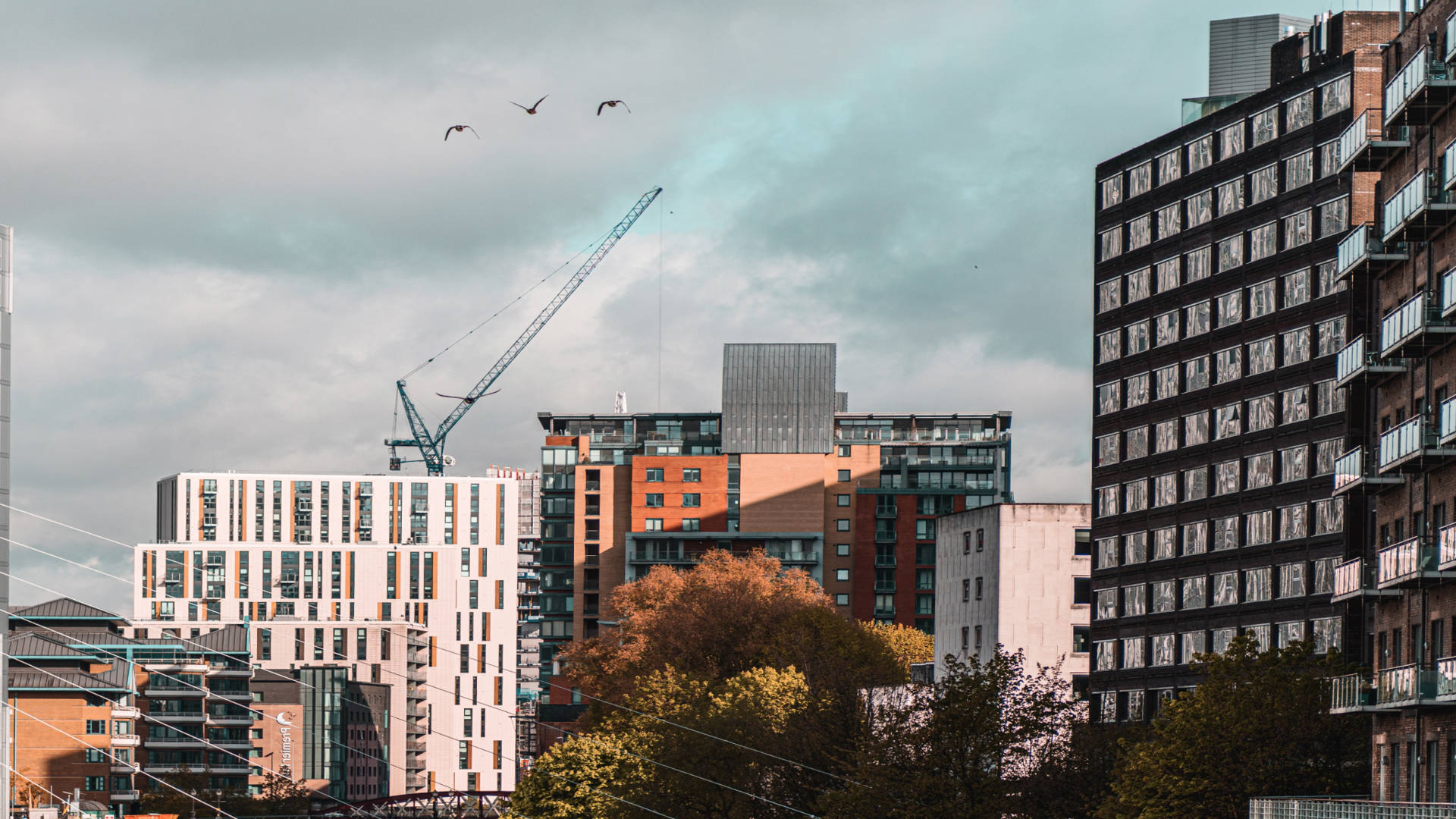
Building Safety Act
Latest
-
The Remediation Acceleration Plan (RAP), published on 2 December 2024, set out the government’s plans to accelerate the remediation of residential buildings with unsafe cladding in England and improve resident experience. As part of that plan, the government committed to publishing an update to report on progress and outline additional measures to support the delivery of its key objectives:
An update published today (17 July 2025) outlines the significant progress already made against these objectives and sets out a range of additional measures to fix buildings faster, identify those 11m+ buildings still at risk and ensure that residents are supported in the process. These measures will help to overcome the barriers to remediation so that residents feel safe and are safe in their homes.
To fix buildings faster, this update outlines plans to:
- Give social landlords equal access to government remediation funding as private landlords, supported by a new joint plan between government, social landlords and regulators to speed up remediation, cutting years off the time to make social tenants safe and improving resident experience before, during and after remedial works.
- Bring forward a Remediation Bill to create a hard ‘endpoint’ for remediation. A Legal Duty to Remediate will compel landlords to remediate their buildings within fixed timescales or face criminal prosecution. Avoidance is not an option. Where landlords fail, new powers - including a Remediation Backstop - will ensure the work gets done. The Bill will be brought forward as soon as parliamentary time allows.
- Tighten fire assessment standards to minimise delays to remediation start dates and provide certainty on the scope of works.
- Support the delivery of Local Remediation Acceleration Plans (LRAPs) to enhance collaborative working and expertise at regional levels, further to the over £5 million in funding already provided to metro mayors.
- Establish a National Remediation System (NRS) to serve as the single source of data for all relevant buildings over 11 metres to enhance information sharing across partner organisations.
- Building Remediation
-
Following the initial statement issued on 18 October 2024, the Ministry of Housing, Communities and Local Government has carefully considered the views expressed by the Tribunal in the First-Tier Tribunal decision dated 03 July 2024.
The department recognises the need for greater clarity within the legislation. We are consulting the Building Safety Regulator and other relevant stakeholders on a proposal to amend the Higher-Risk Buildings (Descriptions and Supplementary Provisions) Regulations 2023.The aim is to clarify that roof gardens are not considered storeys when determining whether a building is a higher-risk building under section 120D of the Building Act 1984 and section 65 of the Building Safety Act 2022.
In the meantime, the department’s view remains that roof gardens are not storeys for these purposes. This is the basis for current government guidance, which the sector and regulatory bodies should continue to refer to.Click here to check the criteria for higher-risk buildings under the Building Safety Act.
- Building Safety Act
- Legislation, Regulations & Guidance
-
The BSR has now published important updates to Building Assessment Certification guidance - with a key addition. They have now integrated the specific assessment criteria used by HSE's multi-disciplinary teams when assessing BAC applications.
For your convenience, the BSR has created a streamlined summary of these changes, focusing on the Building Safety Regulator's core requirements for successful building assessment certificates - see here - please use this summary in conjunction with the full updated guidance.
- Building Safety Regulator
-
On 2 December 2024, the government published its plan for increasing the pace of remediation for buildings in England with unsafe cladding.
The plan consists of a number of measures to:
- fix buildings faster
- identify buildings at risk more quickly
- support residents and leaseholders
Access the full collection of documents and supporting policy papers here
- Building Remediation
-
The Home Office has published its post-consultation response to the Emergency Evacuation Information Sharing Plus consultation.
The Minister of State, Rt Hon Dame Diana Johnson DBE MP, said:
"We will move to lay Regulations to deliver the Residential PEEPs policy. Our engagement with key stakeholders, including disability stakeholder organisations, will continue, to help to ensure a smooth road to implementation, including the production of supporting guidance that will sit alongside the Regulations."
You can read the full response here
- Fire Safety